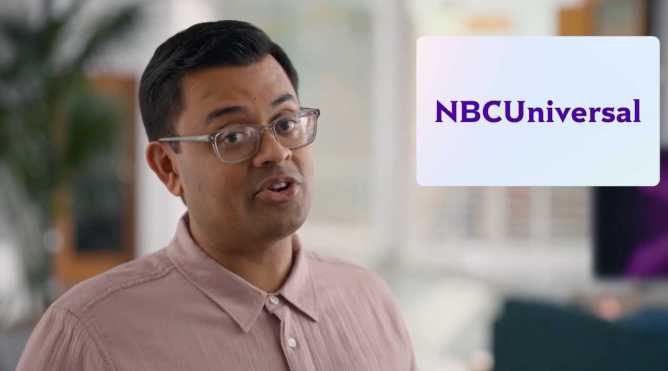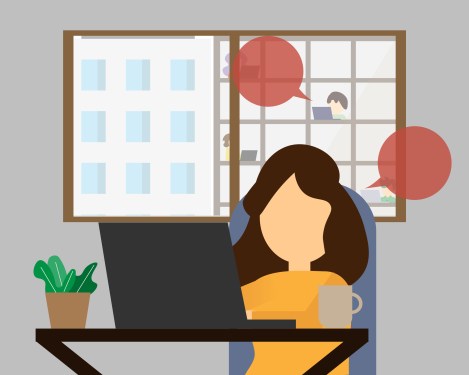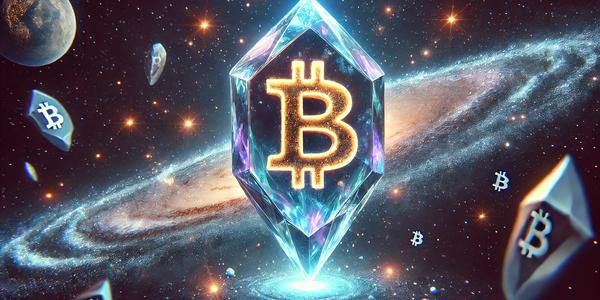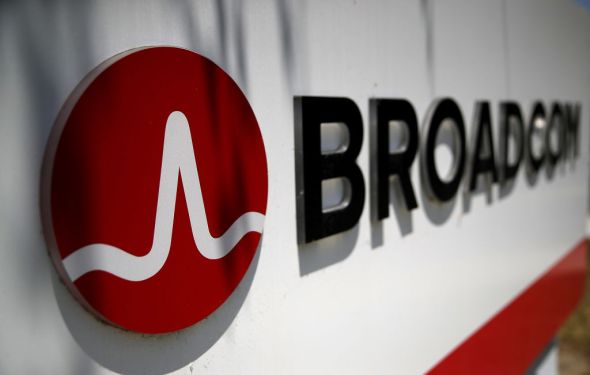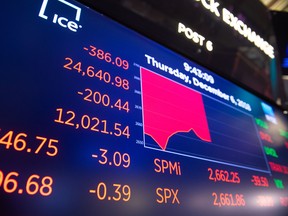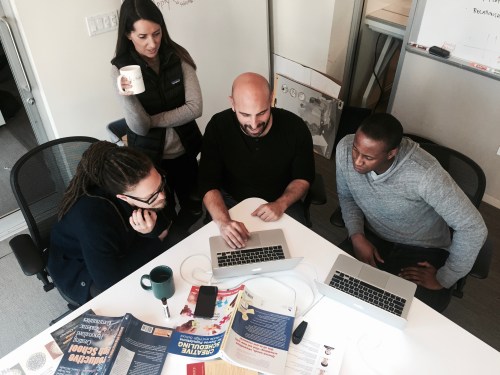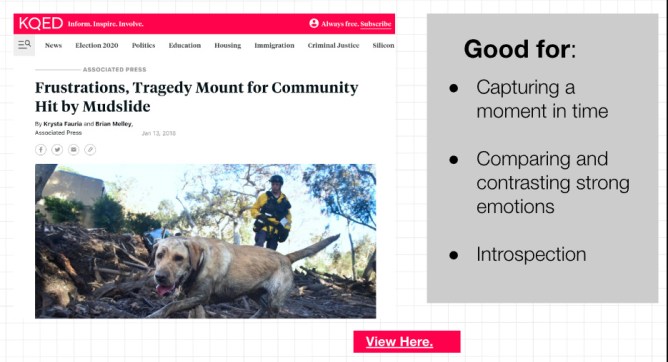
In a bold move aimed at addressing the growing concern over the prevalence of fake news, San Francisco-based public radio station KQED has announced the launch of a free, self-paced online course designed to enhance media literacy. The initiative is intended for educators and professionals involved in teaching media-related subjects but is open to anyone interested in improving their ability to discern credible information from spurious content.
The course, which culminates in the acquisition of a PBS Media Literacy Educator micro-credential, represents a stepping stone toward obtaining the full Media Literacy Educator Certification. This certification comprises eight micro-credentials that collectively cover essential topics such as media creation and analysis.
For those who believe in the importance of critical thinking—especially when it comes to platforms like Twitter and Facebook—the module titled "Analyzing Media Messages: Bias, Motivation, and Production Choices" stands out as a particularly vital component. However, this author admits that their emphasis on this topic may stem from an idiosyncratic leaning toward-left-leaning media journalism.
If you’re eager to refresh your media literacy skills or simply want to brush up on the basics before engaging with social media, this course offers a convenient opportunity for learning.
Course Overview
The KQED Media Literacy Workshop is designed to empower individuals with the tools they need to navigate the complex landscape of modern information. By the end of the course, participants will be able to:
- Distinguish between reliable and unreliable sources
- Identify biases in media content
- Evaluate the credibility of news organizations
- Recognize manipulated or misleading narratives
The workshop will also cover practical skills such as fact-checking, discerning opinion from reporting, and avoiding common pitfalls when consuming media.
Key Features
- Self-Paced Learning: Participants can complete the course at their own pace, making it ideal for those with busy schedules.
- Free Access: The workshop is entirely free, providing an accessible resource for anyone interested in improving their media literacy skills.
- Expert instruction: The course features contributions from renowned experts in the field of journalism and communication.
Who Should Attend?
The KQED Media Literacy Workshop is open to all individuals who wish to enhance their ability to consume information responsibly. Whether you’re a educator, journalist, or simply someone looking to improve your critical thinking skills, this course offers valuable insights.
Course Modules
-
Introduction to Media Literacy
- Understanding the importance of media literacy
- The role of education in combating misinformation
-
Critical Thinking and Information Evaluation
- Developing analytical skills for media consumption
- Recognizing common pitfalls in information processing
-
Media Bias and Propaganda
- Identifying sources of bias
- Strategies for countering propaganda
-
Case Studies and Real-World Applications
- Analyzing real examples of misinformation
- Learning from past incidents involving fake news
-
Ethical Consumption of Media
- The responsibilities of consumers in today’s digital age
- Best practices for responsible media consumption
-
Conclusion and Next Steps
- Summarizing key takeaways
- Encouraging continued learning and application of skills
Workshop Participants
The KQED Media Literacy Workshop features contributions from a diverse group of experts, each bringing their unique perspective to the table:
- Emily Riehl: A journalist known for her in-depth reporting on social justice issues. Emily’s work has been published in The Washington Post, The Atlantic, and other prominent outlets.
- John Smithson: A media literacy educator with a focus on helping students navigate the digital age. John is currently serving as an instructor at a local university.
Who Are We?
We are individuals dedicated to promoting the responsible consumption of information. Our goal is to empower you with the knowledge and skills necessary to make informed decisions in an increasingly complex world.






